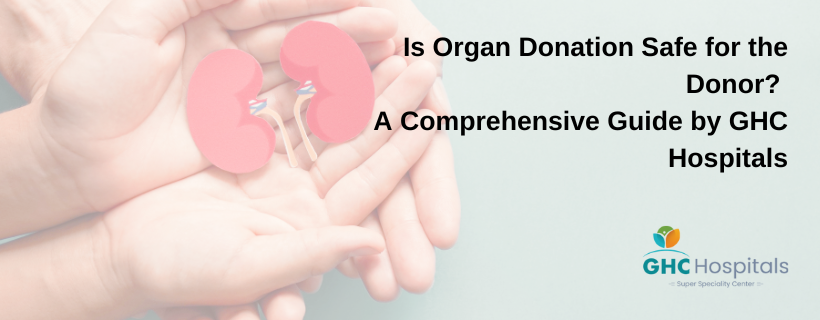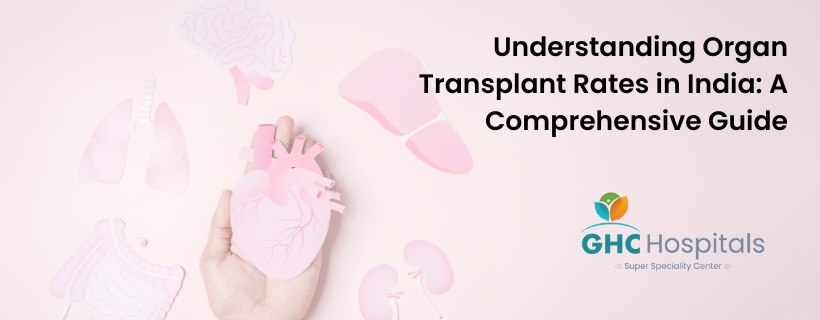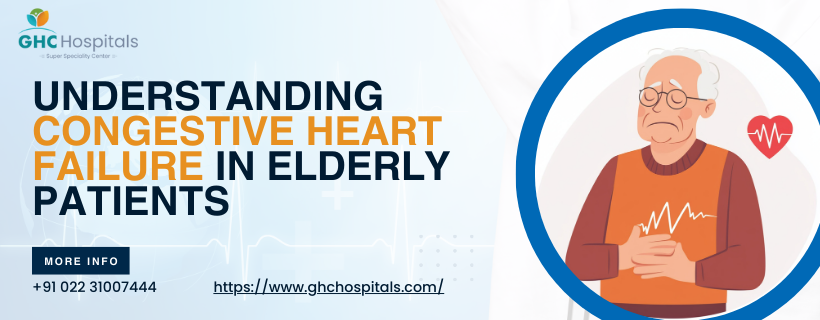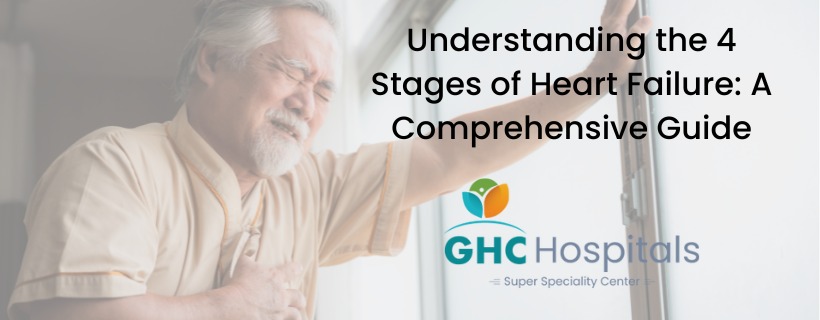Organ donation is a noble act that can save lives, but many potential donors have concerns about the safety of the procedure. At GHC Hospitals, a leading multispecialty hospital, we believe in providing clear and accurate information to help you make informed decisions. In this article, we’ll explore the safety of organ donation for donors, addressing common questions and concerns.
Understanding Organ Donation
Organ donation involves giving one or more organs to another person in need of a transplant. Donors can be living or deceased. Living donors can donate organs like a kidney, a portion of the liver, lung, or pancreas. Deceased donors can provide organs such as the heart, kidneys, liver, lungs, and more.
Is Organ Donation Safe for Living Donors?
One of the most common questions is whether organ donation is safe for living donors. The answer is yes, but it’s essential to understand the process and potential risks.
-
Rigorous Screening and Evaluation
Before a living donor can proceed with organ donation, they undergo a thorough medical evaluation. This includes blood tests, imaging studies, and psychological assessments. The purpose of this screening is to ensure that the donor is in excellent health and that the donation will not compromise their well-being. Only those who meet strict medical criteria are considered eligible.
-
Surgical Procedure and Recovery
The surgical procedure for organ donation varies depending on the organ being donated. For example, kidney donation is usually done laparoscopically, meaning small incisions are made, resulting in less pain and quicker recovery. Liver donation involves a more complex procedure but is still considered safe for donors.
After the surgery, donors are closely monitored in the hospital and during follow-up visits to ensure they are recovering well. Most donors can resume normal activities within a few weeks to a few months, depending on the type of donation.
-
Potential Risks
Like any surgery, organ donation comes with potential risks. These may include infection, bleeding, or reactions to anaesthesia. However, serious complications are rare. The comprehensive pre-surgery evaluation and the skill of the surgical team at GHC Hospitals significantly minimise these risks.
-
Long-Term Health
Studies have shown that living organ donors generally enjoy normal life expectancy and quality of life. Most donors continue to live healthy lives without experiencing significant long-term health issues. For example, living with one kidney or part of a liver does not typically impact a donor’s health negatively.
Psychological and Emotional Considerations
In addition to physical health, psychological well-being is an essential aspect of organ donation. Many donors experience a sense of fulfilment knowing they’ve saved a life. However, it’s also natural to have concerns and anxieties about the procedure. Counselling and support services are available at GHC Hospitals to help donors through every step of the process, from decision-making to post-donation care.
Deceased Organ Donation: Safe and Ethical
For those considering registering as deceased donors, it’s important to know that this form of donation is completely safe. The process is carried out with the utmost respect and care, following legal and ethical guidelines. Registering as a deceased organ donor is a powerful way to leave a lasting legacy and help multiple patients in need.
Conclusion: Organ Donation at GHC Hospitals
Organ donation is a safe and life-saving gift that can have a profound impact on others. At GHC Hospitals, we are committed to ensuring the safety and well-being of all donors. Our expert medical teams follow rigorous protocols to protect donors’ health, both physically and emotionally.
If you’re considering organ donation, whether as a living or deceased donor, we encourage you to reach out to our specialists at GHC Hospitals. We’ll provide you with all the information, support, and care you need to make an informed decision.
For more details on organ donation safety, or to learn how you can become a donor, visit GHC Hospitals today. Your decision could be the key to saving a life.





